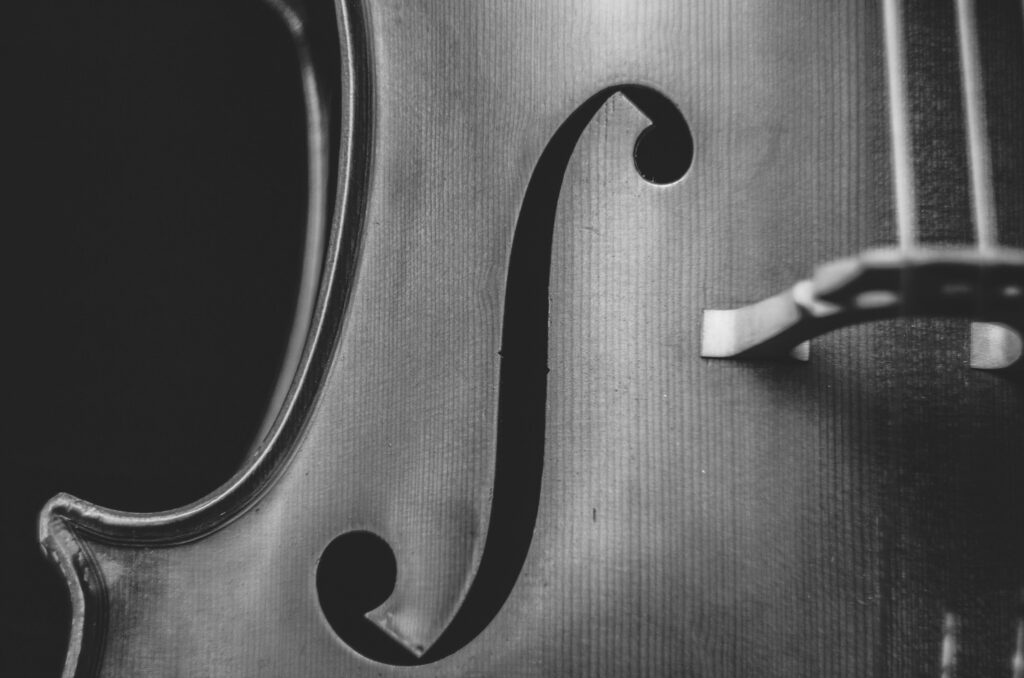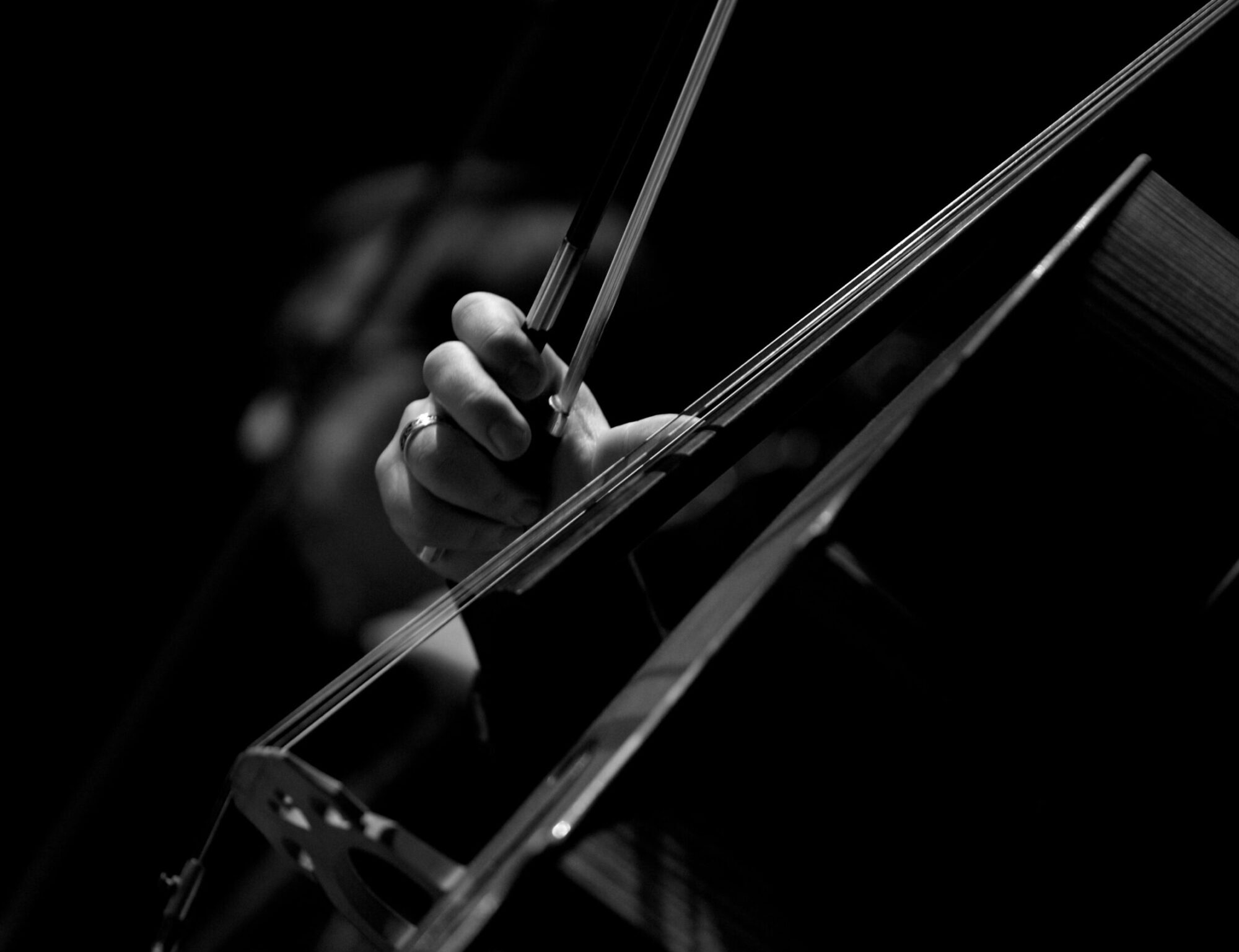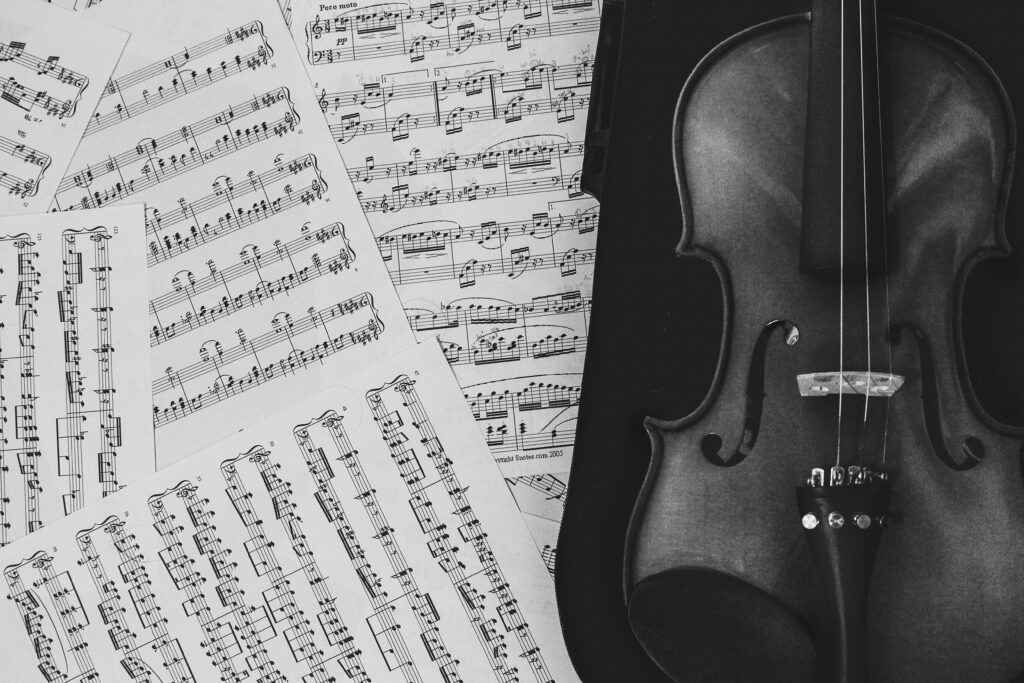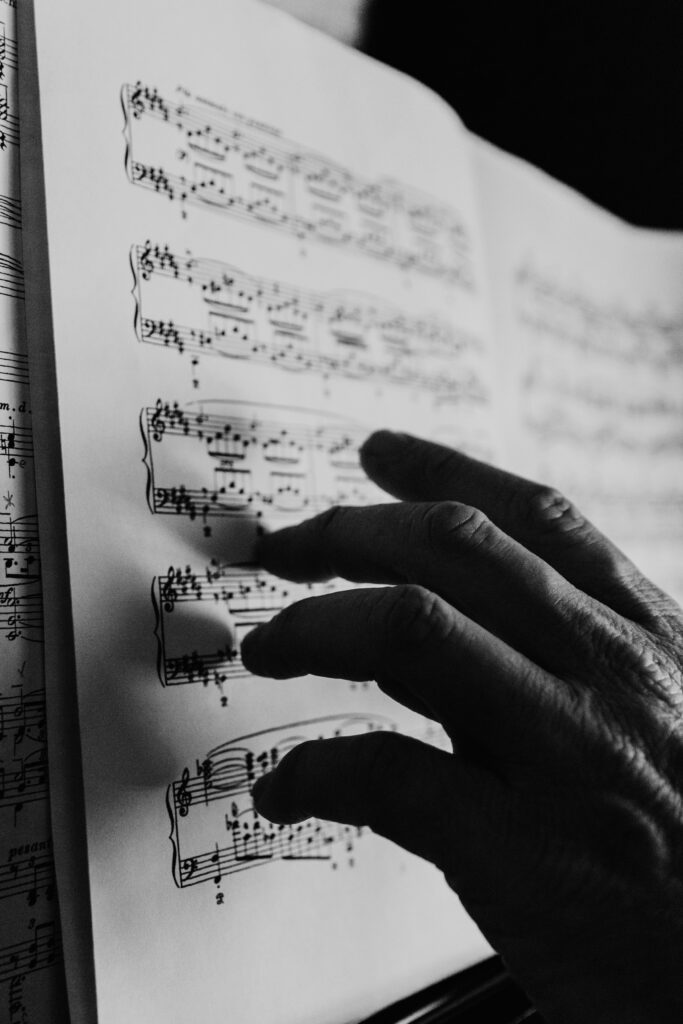A Pinnacle of Musical Expression: The string quartet is often considered the most perfect form of chamber music. The combination of two violins, a viola, and a cello creates a rich and versatile sound that allows composers to explore complex musical ideas and emotions with great depth and nuance.
A Window into Musical History: Many of the greatest composers in history, from Haydn and Mozart to Beethoven and Schubert, dedicated a significant portion of their creative output to the string quartet. Listening to these works provides a direct connection to the evolution of Western classical music.
Emotional Depth and Intimacy: String quartets can evoke a wide range of emotions, from joy and exuberance to sorrow and introspection. The intimate nature of the ensemble allows for a level of emotional expression that is often more direct and personal than in larger orchestral works.
Intellectual Stimulation: The complex interplay between the four instruments in a string quartet can be intellectually stimulating, inviting listeners to appreciate the intricacies of the composition and the skill of the performers.
A Unique Listening Experience: Unlike orchestral music, which is often performed in large concert halls, string quartets are often performed in more intimate settings, such as chamber music halls or private homes. This creates a more personal and immersive listening experience.
Variety and Exploration: The repertoire for string quartet is vast and diverse, spanning centuries of musical styles and traditions. Whether you are a fan of classical music, romantic music, or contemporary music, there is sure to be string quartet music that you will enjoy.
Accessibility: While the world of classical music can sometimes seem intimidating, string quartets offer a relatively accessible entry point. The smaller scale of the ensemble and the more intimate performance setting can make the music feel more approachable and engaging.
Whether you are a seasoned classical music aficionado or a curious newcomer, exploring the world of string quartets can be a rewarding and enriching experience. Hopefully this site will provide you with lots of information about string quartets and many more.




